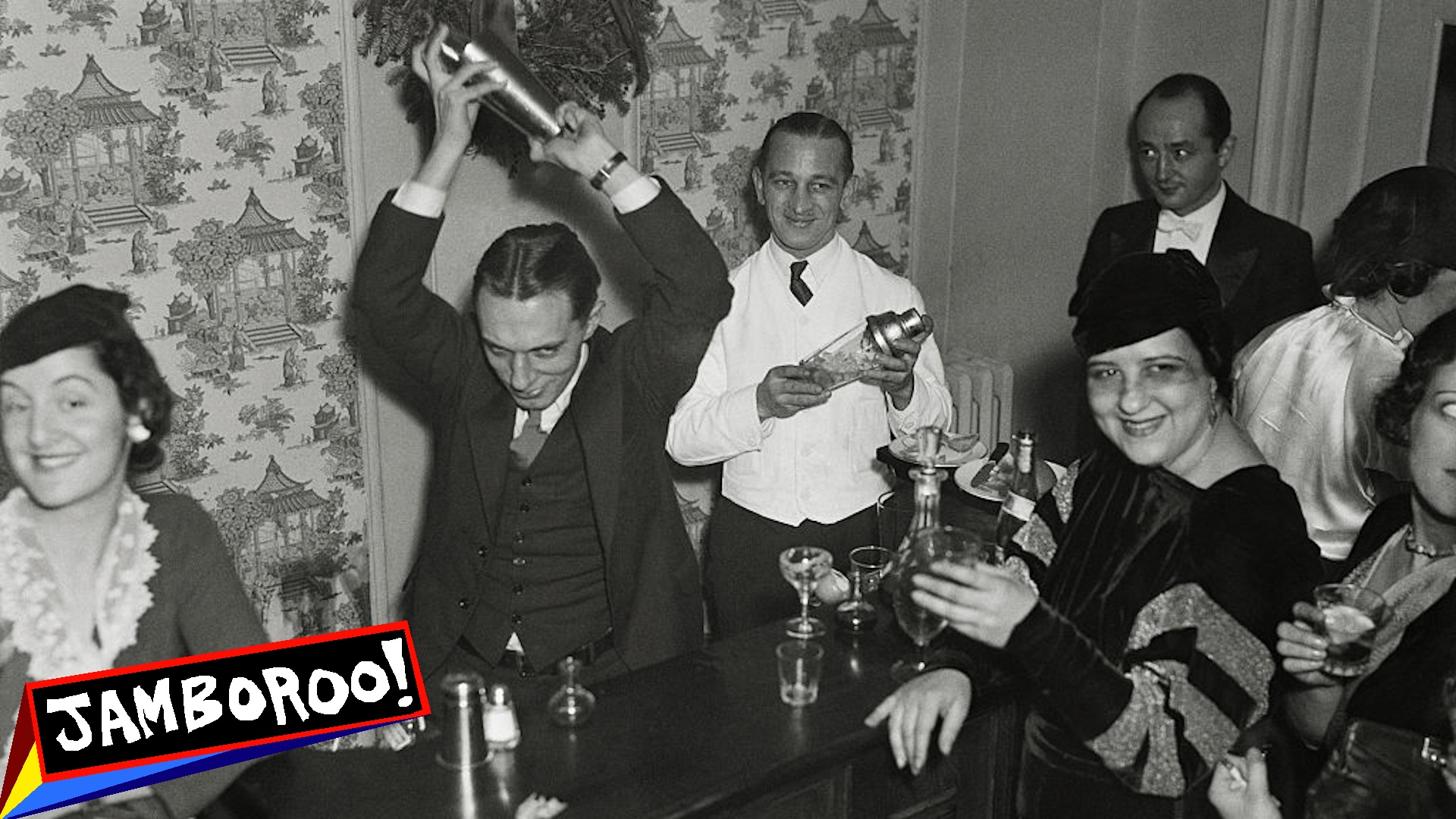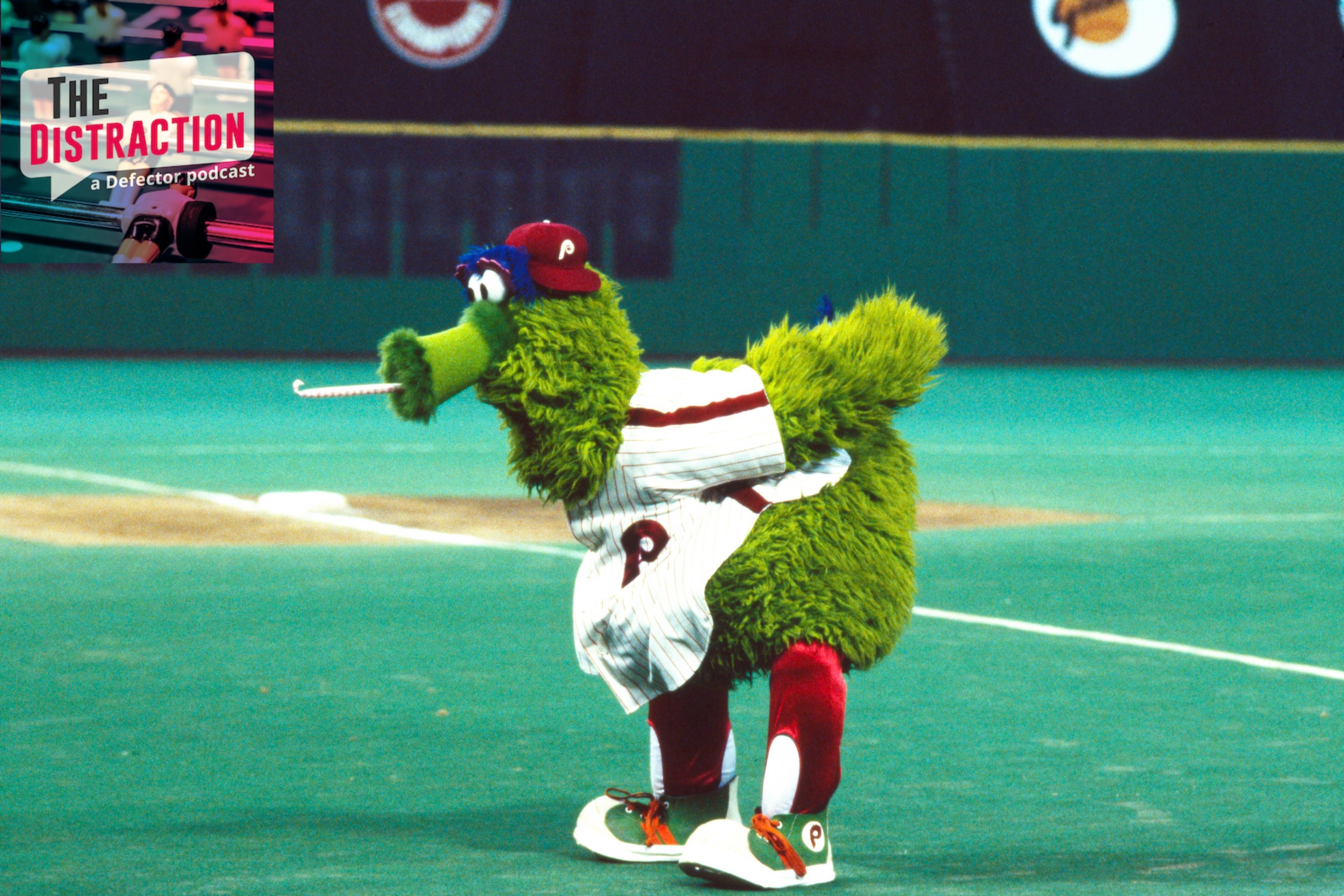The closest I will ever come to that scene in the science-fiction movie where the protagonist thuddingly realizes that he’s surrounded by Lizard People or whatever was this one time in a Southern Colorado Best Western hotel restaurant. First I saw one table of white men wearing visors and Adidas shower slides, then a second, then a third, and suddenly I realized—they were everywhere. The slides were important, because they showed off the boundary between the leathery orange of the shin and the pale fishbelly of the lower ankle, the crisp line where a pair of low cut athletic socks would go. The men drank bottled beer and talked blithely about what they had learned that day; they gave the impression of men well-pleased with themselves and the world. I was between jobs and on a road trip with a friend; I had the distinct impression that if I went over to one of the tables to ask for their ketchup bottle, or something, nobody would hear me. It was a high school football coach convention. I think about it a lot.
The other day I was listening to Don Granato on The Athletic Hockey Show podcast, hockey podcasts having become my most recent source for my daily Narrative needs (no soap operas, just hockey!). Don Granato, if you haven’t been keeping track, is the interim head coach for the Buffalo Sabres. Before that, when he was still an assistant, he almost died. The sadness of the Sabres has been temporarily set aside for the playoffs in favor of other popular and well-worn sadnesses like the sadnesses of the Edmonton Oilers or the Toronto Maple Leafs, but as a refresher, the Sabres lost 18 games in a row this year, which is maybe not actually a record but seems like it should be.
It’s important to note that I did not at once think about those men in their shower slides while I was listening to Don Granato. I wasn’t immediately thrust into the alien ecosystem of coaching, and coachspeak, and coachbrain, with no points of contact to my world. Instead I listened, and I thought, hey, this guy makes a lot of sense. He talked about how what we treat as the indicators of intensity—thrown water bottles and dramatics on the sidelines—don’t necessarily have anything to do with actual intensity. He talked about how the pressure that gets put on players on losing teams to enact their dissatisfaction with losing for the media can seep into the way they view the world and how that’s not necessarily good for anybody. And then offered a metaphor straight out of a self-help seminar for how to get better and stay better: When you’re 4-foot-10 and standing in the 5-foot pool you have to jump and jump to get your head above water, but simply grow four inches, and all of a sudden you can just stand there, peaceful as anything. I was driving to work and it seemed like a real insight, like something I could use in my actual life to make myself happier and my performance better.
And then I sat down at my desk and realized that none of what I had just heard would help me even a little bit. Sure, getting better is a good idea, growing the proverbial four inches would be great, but the only thing in my life that has ever actually felt like that was going on antidepressants, and presumably Don Granato was not trying to tell me that the entire Buffalo Sabres organization needed a Lexapro prescription. Things would be better if you were different—maybe true, certainly not actionable.
The blandness of hockey players and coaches is a cliché in itself, right, and before it was a cliché about hockey it was a cliché about baseball—Bull Durham came out in 1988, and we are as far from 1988 as 1988 was from 1955—and for all I know it was a cliché about hockey then too. But even when I sat down to think about them, Granato’s words didn’t hit as cliché. (This is very fair-minded of me given that he described the Sabres as having a really solid foundation.) He seemed like a smart serious moral guy who lives in an entirely different world than I do, a world in which a question about Jack Eichel’s complexity is answered not by saying, well, we’re all complex individuals, but by attesting that if you put Jack Eichel on an ice rink with a hockey stick all of that complexity melts away into a Stuart Smalley affirmation. And it’s precisely because Granato seems like a smart serious moral guy that I can’t stop thinking about the uncanny valley between the world he describes and the one I live in.
The swimming pool metaphor in particular I couldn’t get past. Because Granato didn’t talk about getting to 5-foot-2 and stopping there. He said, if you get to 6-foot it’s even easier. And it’s not that I don’t understand what he’s trying to get across, but in the swimming pool context, once you’re above the waterline, it doesn’t really matter how much taller you get. And then later he said, well, like I was talking about, if you’re below the water you don’t know how close you are to the surface, which might be true in some contexts, like scuba-diving the Mariana Trench, but is not, in my experience, true at all of swimming pools.
This lack of metaphorical clarity is not the kind of thing anybody’s going to make Yogi Berra–style compilations of and circulate on the internet. I may be the real lizard person here, over-analyzing throwaway lines, begrudging that restaurant full of coaches with their tan lines and effortless joviality, their conviction that they have a clear answer to the world’s greatest magic trick—how do you get better at something?
The consensus answer to that question will obviously change over time, but the kind of answer that Granato gives is one I find particularly hard to wrap my head around. With the old school of yelling coaches, although it was monstrous, the mechanism by which it theoretically worked was pretty straightforward. You started with an assumption that players were by nature lazy underachievers, and then you set about making it more painful for them to listen to you scream than to continue to underachieve on the ice.
If instead your plan is to coach by creating an environment in which people can get better, I don’t know how you do that. There are hundreds of Harvard Business Review articles out there eager to fill this gap in my education, but I’m not going to read them and if I did read them I wouldn’t believe them. Even an ongoing tournament in which nothing but the coaches changed would leave me with methodology questions. Part of me resists the idea that the particulars of the coach make a difference once you leave the question of technical competence behind. Phil Jackson was a genius until he wasn’t.
And yet (obviously) my own coach-less existence has certainly benefited from the generous and sustained attention of someone watching my performance, of someone telling me I can do better than I have done in the past. Maybe the problem is that we don’t have a language to convey the possibility of getting better at something that doesn’t either descend into vacuity or trail behind it an implicit you-lazy-sack-of-shit. And if those are the two options, give me vacuity. Probably, push comes to shove, I would even choose vacuity over the idea that we’re doomed to remain more or less at the level of competence we’ve always had. Maybe that’s the fundamental secret to coaching: You want to believe in them and their self-help bromides, because the alternative, there’s no help coming and never will be, is too dark to contemplate. In the end, I too want to see Jack Eichel emerge, monstrous and huge, from the ocean where he’s been lurking, only inches beneath the surface this whole time.






